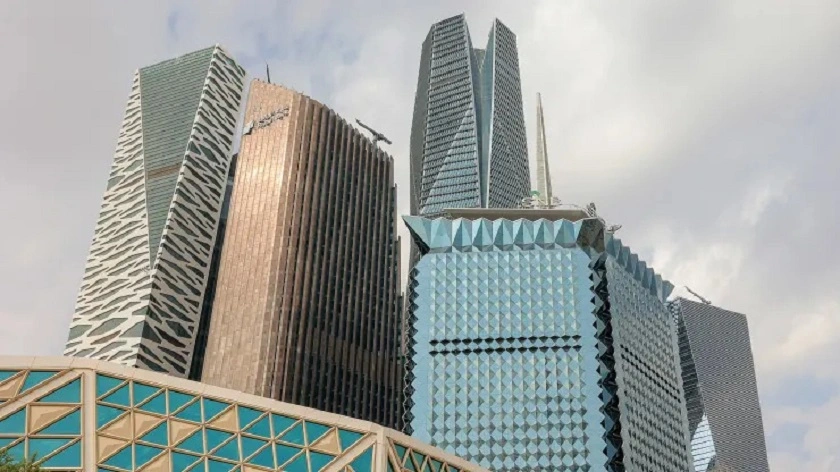The Kingdom of Saudi Arabia has been chosen as the venue for the FIFA World Cup for the year 2034, which is a major advantage for the Kingdom. This worldwide competition is likely to remodel not only the sports world of the state but also engender all-around benefits in commerce. There is heavy investment that will roll-in towards the infrastructural development, tourism growth as well as the real estate markets. This is a great window of high investment.
A Booming Economy with Massive Investments
Saudi Arabia is already gearing towards the global event and has already earmarked enough resources to cater for the same. Most of these funds have in one way or another been invested towards enhancement of the infrastructure including stadiums, road networks, airports and public transport infrastructure. And this is not just for the sake of the tournament, but rather it arouses foreign financial prospective. For those investors who are enterprising, one can try out industry specific sectors such as construction, logistics and the hospitality industries for maximum returns.
Real Estate and Hospitality on the Rise
The FIFA 2034 World Cup will benefit the property and tourism as well as property and real estate sectors. It is predicted that the desire to possess hotels, resorts, vacation houses etc., will grow in bounds. Investors who are interested in investments can look for chances in the construction of hotels, existing hotels upgrading or converting them or resort chains development. Furnished apartments and cottages are also likely to face heightened pressure for their units, making investment in real estate a very lucrative sector.
Tourism Industry Set for Unprecedented Growth
Saudi Arabia is already in the process of becoming a tourist attraction for the world’s population. When the country hosts the FIFA World Cup, it will attract more foreign travelers than ever before. An increase in the number of tourists will see travel, food and entertainment related businesses blossoming. Businesses can also come up with travel packages, cultural activities and even create some theme parks for all the arrivals.
Technology and Smart Cities Development
The Saudi government prioritizes the incorporation of innovative urban planning solutions such as smart city technology. Fast-tracking the pace of advancement of smart cities infrastructure, digital utilities, and AI-based security. The new sectors offer the tech industry’s investors chances in cybersecurity, data studies, and digital transmissions. All the economic sectors in this region will continually reap the fruits of these milestones even after the tournament.
Job Creation and Workforce Development
FIFA World Cup 2018 would stimulate increased employment in a variety of Business sectors. Employment of skilled people will be needed in numerous activities including hospitality and event organization. Such investors can opt for the just in time training programs as well as enlist the help of recruitment agencies as a source of workforce hence their service providers. In addition, the increase in employment will result in more money in the pockets of the consumers thereby pushing further the growth process of the economy.
Sustainable and Green Investments
Saudi Arabia wants World Cup to be green and clean and is emphasizing sustainability and green technology. Emphasis will be placed on the building of green stadiums, solar park development and water conservation projects. For the potential business buyers, possessing an interest in the renewable forms of energy and responsible investments, this is a sector with opportunities that are viable enough.
Saudi Arabia’s FIFA World Cup 2034: A Game-Changer for Investors
In view of hosting the FIFA World Cup 2034, Saudi Arabia drafting a remarkable memorandum provides without any doubts an unforgettable environment for investors. It will inspire the growth in communications, tourism, real property, as well as technological applications and will be its beneficiaries anywhere in the world. Such a great step can be taken by those who are ready to be and develop in the most important aspects in the most advanced economy, the gulf nation.






